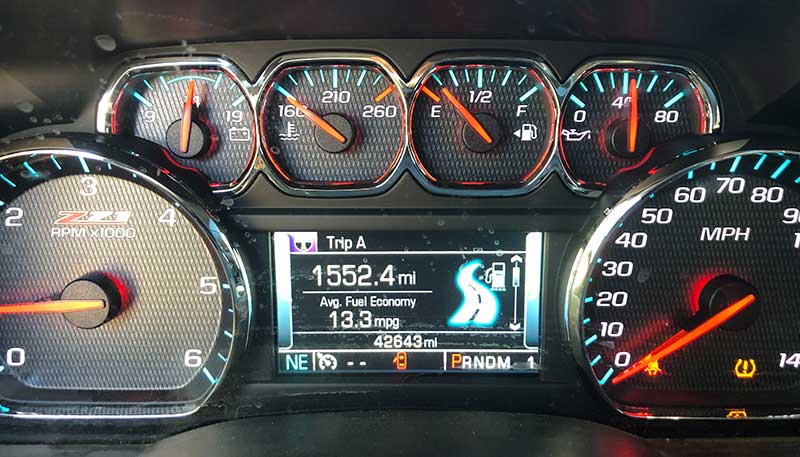So I'm not currently in the market for a bed cover, but it is something that I have been looking into as I do plan on adding one down the road. In my research, I see the frequent MPG discussion brought up more often than not. I have read that some manufacturers claim increased MPG performance as high as 15% due to the reduced drag, while some first hand users state that the increased weight, styling, and material of the cover itself can actually rob you upwards of 10% or more. Expecting a 10% gain and finding a 10% loss could cause some serious pain and suffering to those die hard owners that stress over their mpg numbers lol.
I've read about the Mythbusters testing and also some general product reviews, but has anyone in our group specifically done any in-depth testing with bed covers and our Ram trucks? Obviously dozens of potential variables come into play here such as location, driving habits, engine platform, tire pressure, other modifications, weight/material, etc. that may make it tough to measure results in real world testing, but I was just curious what covers you all are using and what impact have you seen on your mpg from them, if any. I'm sure this has been discussed in here before, but figured I'd ask as it seems to be a pretty common topic across the board with all variations of bed covers. Since it is advertised so heavily, let's discuss it.
Let me be the first to say, I won't lose any sleep over this lol. This is more of a general curiosity question than anything.














